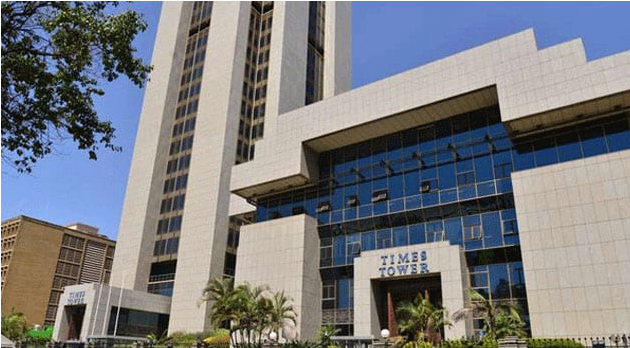Small businesses making less than an annual turnover of Sh5 million can now breathe a sigh of relief after the government on Thursday January 11, exempted them from issuing electronic Tax Invoice Management System (eTIMS).
The move, which was announced by the National Treasury, is expected to allow the Kenya Revenue Authority (KRA) to adjust the system to meet their needs.
This means that small businesses will only show transactions instead of generating and transmitting electronic invoices as the tax man works on an alternative system to accommodate their operations.
The gazetted Tax Procedures (Electronic Tax Invoice) Regulations 2023, which requires all businesses in Kenya to use eTIMS to enhance tax compliance, also exempts transactions like emoluments, imports, investment allowances including internal accounting adjustments, airline passenger ticketing, interest and fees charged by financial institutions from generating eTIMS.
According to Treasury Cabinet Secretary Njuguna Ndung’u, “supplies by a resident person whose annual turnover is less than five million shillings” will be exempt from this requirement.
However, the CS points out, the new rules stipulate that the commissioner may, by notice in the Gazette, invalidate the exemption for reasons to be specified in the notice.
“The Commissioner may exempt a person from the requirement of issuing electronic tax invoice where the business income in relation to a transaction is received through a payment platform recommended by the Commissioner, and the information is transmitted to the Authority’s system,” KRA says.
In the new system, the commissioner will have the power to retire an eTIM device should a business close down.
As of January 1, 2024, all businesses operating in Kenya that were not registered for VAT but were registered for turnover tax, monthly rental income, partnerships, corporation tax, and individual income tax were expected to have onboarded the eTIMS.
The move had as a result forced KRA to extend the deadline for the onboarding of the eTIMS system from January 1 to March 2024 to increase its uptake.
The rollout of eTIMS started in January 2022 voluntarily but faced some resistance, especially from small taxpayers, a matter which forced KRA to extend the deadline to 2023.


